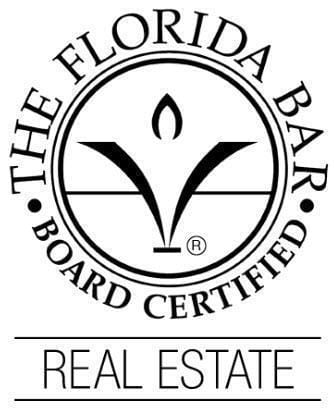Setting up a limited liability company (LLC) is a common way for real estate investors to isolate investments. This way, one failed real estate investment will not have an effect on their personal assets or other investments that they have made within other LLCs.
If you are considering investing in real estate in Florida, you may have questions about how forming LLCs could benefit you, and if there any ways that it could hinder you. The following are the main pros and cons associated with forming an LLC for a real estate business.
The advantages
The main advantage of creating an LLC for a real estate investment is the fact that there is a decreased liability for the property owner, meaning that in the majority of cases, their personal assets will be protected. Additionally, the real estate investor may also be able to take advantage of tax benefits through holding the assets in an LLC.
The disadvantages
While setting up an LLC for asset protection purposes is widely known to be a smart thing to do, there are some disadvantages that all prospective business owners should be aware of. First, there are extra fees for forming an LLC that need to be factored into the budget. Additionally, it’s important to know that LLCs are automatically dissolved when going through the bankruptcy process. They are also dissolved upon death, and therefore, they are not a viable estate planning tool.
If you are considering creating an LLC to manage risk when it comes to making a real estate investment, an experienced attorney can advise you as to whether it is a good idea.




